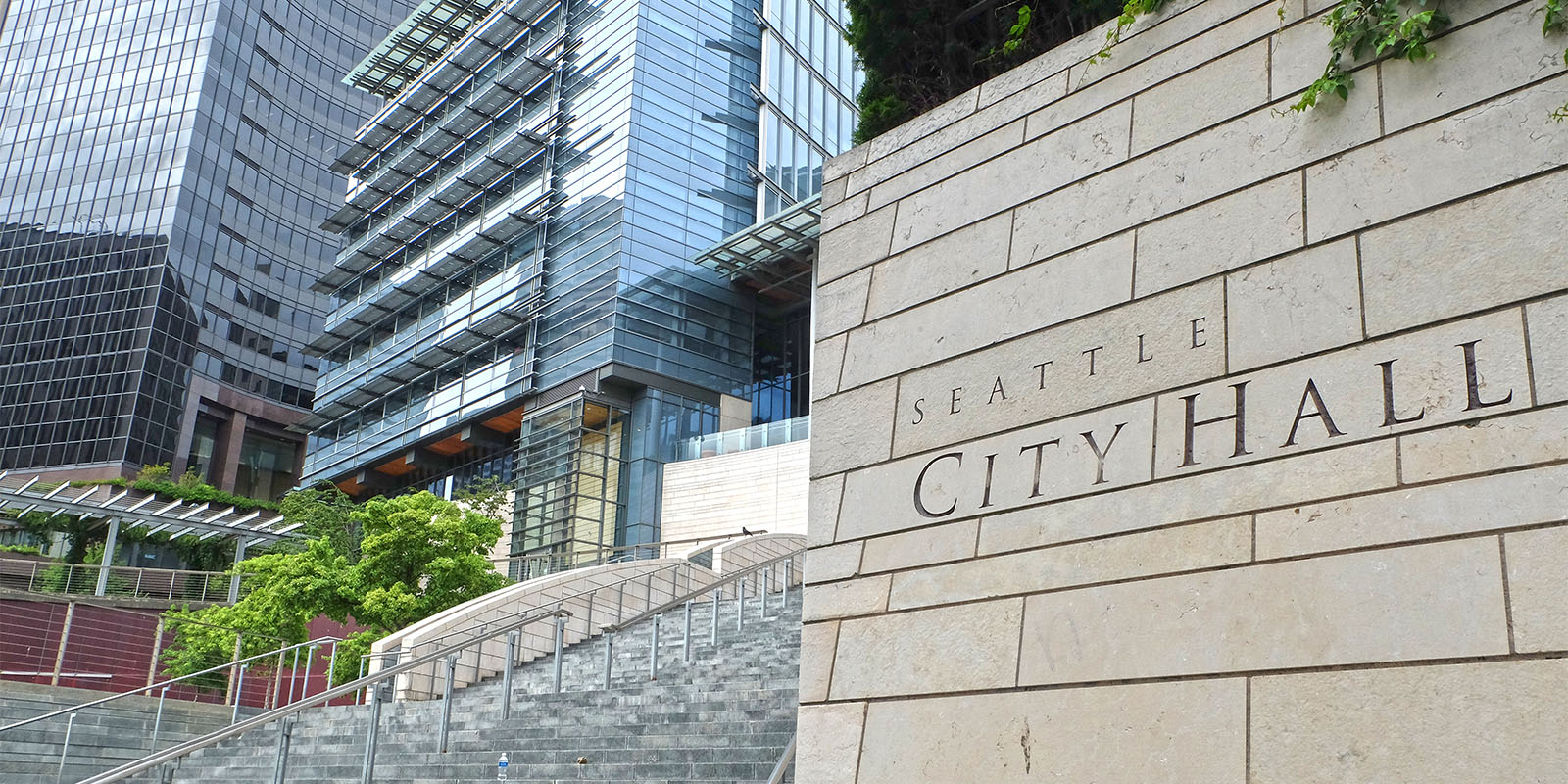News
KOMO 4: Seattle mayor-elect to enter office facing challenges with empty storefronts, restaurants
Posted on

This story was originally published by KOMO 4 on Nov. 14, 2025.
SEATTLE — Seattle’s Mayor-elect Katie Wilson will enter City Hall facing headwinds in the local economy and budget troubles right out the gate, which will create instant challenges around her proposals for new taxes.
This week, Skillet announced it will close multiple restaurant locations, and Pablo Y Pablo said it will close one, too. That followed the shuttering of Capitol Hill favorite Mamnoon and its sister restaurant MBar in South Lake Union, and the end of two Starbucks Roasteries, too.
Greg Patrillo of Skillet blamed higher minimum wages, food prices, inflation, and inability to keep raising his menu items, all as causes of the closures, noting that when customers pay more, it reduces demand.
“We have some of the most expensive housing, we have some of the most expensive food, we have some of the most expensive Ubers, and we should be looking at the set of regulations and taxes that have been put in place over the last decade, and are those helping things? Are they making this city more affordable or not?” said Downtown Seattle Association President Jon Scholes. He pointed out that Amazon just cut 2400 jobs in Seattle and moved others to Bellevue, saying it is not a myth anymore that Seattle’s tax structure has caused jobs to move across the lake.
Yet, Scholes says he’s had good conversations with Wilson and is hopeful she will enter office with an open mind about increasing business taxes and driving other jobs to the Eastside.
Seattle’s office vacancy rate is now above 33%, according to Colliers. It was around 8% before the pandemic, and the retail core continues to struggle.
Wilson reiterated on Thursday, in her acceptance speech, that there is a need for new “progressive revenue” in the city. She helped lobby for the Jumpstart Tax on payroll for large businesses.
“There’s nowhere to go from here,” said Anthony Anton of the Washington Hospitality Association about new taxes on businesses. He said a new report, published by his organization, suggests Seattle dining prices are now #2 of any city in the country, right below San Francisco, but above New York City. However, he does believe his association could find some common ground with Wilson on the issue of housing. “I think that’s an area where the new mayor is going to find a receptive audience in our industry. I think if we focus there, we can do a lot of good, but making restaurants unaffordable will not make housing or Seattle more affordable.”
Scholes said he does credit outgoing Mayor Bruce Harrell with helping to reduce violent crime downtown and reducing visible homelessness on the streets, but the struggle to fill up vacancies remains a critical issue for downtown and the city at large. “We’ve got a lot of vacant storefronts still, and we have a fragile tax base with commercial office values reducing shifts the burden to residential, and that also creates challenges for the city’s finances.”